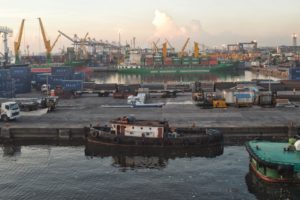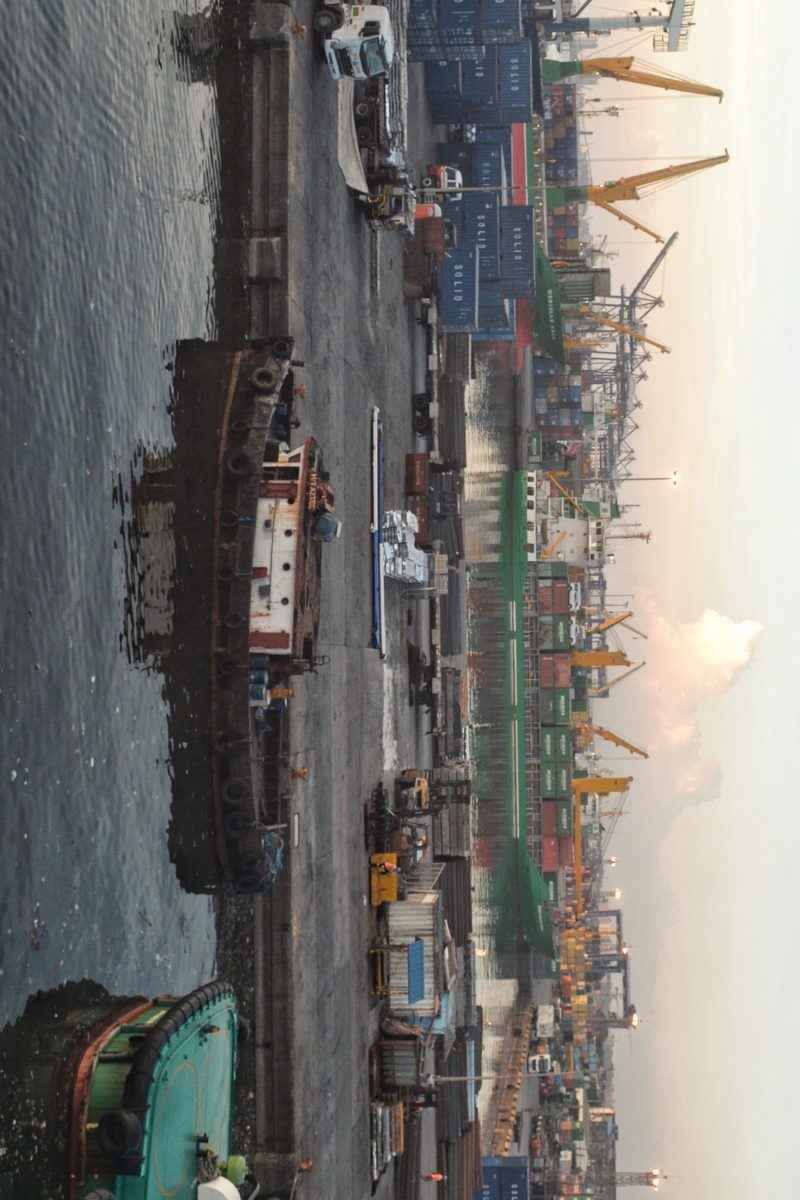 Amid the enhanced community quarantine (ECQ), the domestic shipping industry faces collapse without government assistance.
Amid the enhanced community quarantine (ECQ), the domestic shipping industry faces collapse without government assistance.
The Philippine Liner Shipping Association (PLSA) said that with 60% of its clients affected by the Luzon-wide ECQ, its members are now handling 50% less cargoes and incurring losses of up to 80%.
“The situation has become untenable for the domestic shipping operators, and with ECQ being considered to extend until mid-May, shipping lines will not be able sustain its operations without government assistance and support to have some relief on its loans, government fees and other operational costs,” PLSA said in a statement.
The entire Luzon and several provinces and regions in the Visayas and Mindanao are under community quarantines to prevent the further spread of coronavirus disease.
While government has ordered unhampered cargo movement, other restrictions have affected operations of cargo owners, shippers and other service providers. Passenger ships are also not allowed into almost all ports, PLSA said.
Association members include 2Go Group, Inc., Gothong Southern Shipping Lines, Inc., Magsaysay Shipping and Logistics, Lorenzo Shipping, NMC Container Lines Inc., Meridian Cargo Container Shipping, Moreta Shipping Lines, Inc., Oceanic Container Lines Inc., Philippine Span Asia Carrier, Solid Shipping Lines, Inc., and Chelsea Logistics and Infrastructure Holding Corp.
Members operate mainly from Manila North Harbor and in about 22 ports in the Visayas and Mindanao. Its members handle approximately 80% of the volumes in Manila North Harbor.
PLSA said domestic shipping has been the “backbone of the national supply chain” both for essential and non-essential goods, particularly in an archipelagic country like the Philippines where sea transport “is the most economical means of transporting passengers and cargo nationwide.
“The collapse of this industry will result in a dangerous disruption of the supply chain for essential goods leading to significant increases in logistics costs and prices of basic commodities, and further loss of jobs in many sectors,” it added.
In the last two years, PLSA said domestic container vessels and roll-on/roll-off (Ro-Ro) ships moved an average of 1.4 million twenty-foot equivalent units, valued at over P1.5 trillion per annum.
About 60% of the total volume consisting mostly of food, medicines, and clothing originate from the domestic terminal in Manila North Harbor and shipped to different regions in the Visayas and Mindanao. About 27% of the volumes consist of critical inputs to food manufacturing like agricultural products, livestock, sugar, corn, bananas that are shipped back from south of the Philippines to Manila.
PLSA said Manila remains the center of trade and the distribution hub where most essential goods are brought to/from the rest of the country.
According to the Philippine Statistics Authority, 99.8% of domestic commodities are traded through water and the rest through air.
“It is thus very important that there is no disruption to the strategic service that domestic shipping companies provide, to ensure that the vital needs of the people are met,” PLSA added.
PLSA earlier wrote to the Department of Transportation (DOTr) and Department of Finance requesting for government assistance “to support domestic shipping as a vital and strategic industry that serves the needs of the economy and the Filipino people.”
READ: Local shipping lines seek waiver of port charges amid COVID-19 woes
Philippine Inter-island Shipping Association, of which PLSA is a member organization, also wrote to DOTr asking for government assistance by way of waiver of port charges for ships and suspension of the two-day storage period for domestic cargoes as operations are undermined by ECQ restrictions. – Roumina Pablo





